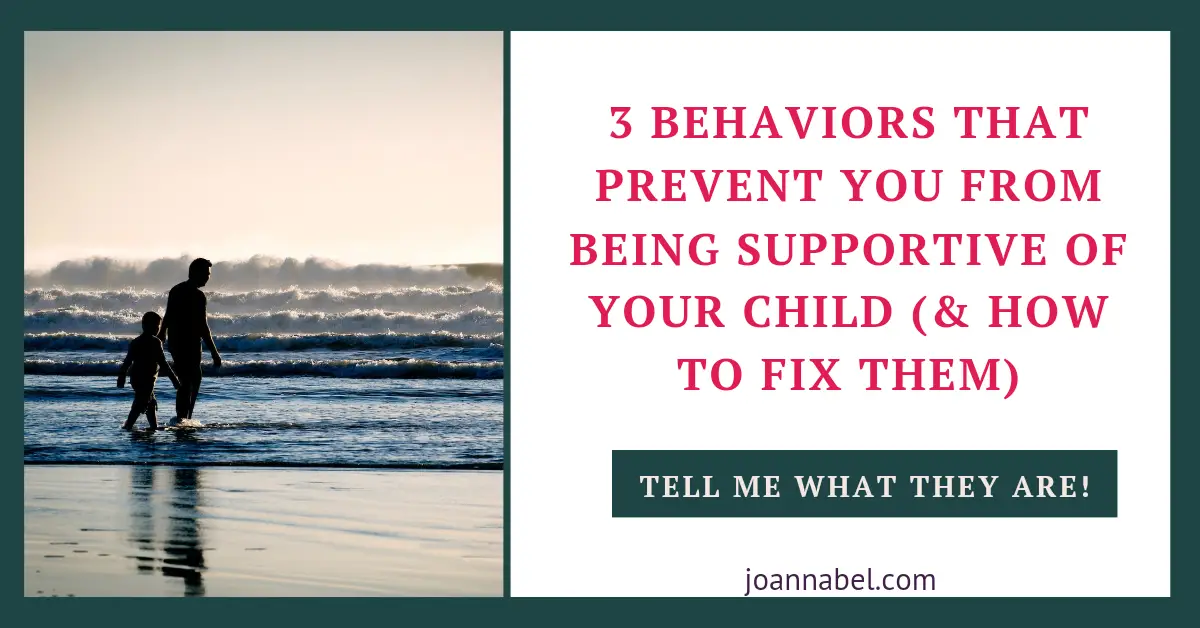Maybe your parent struggles with alcohol ever since your childhood and continues down that path even now. Or maybe you’ve only recently noticed changes — more drinking, mood shifts, or behavior that feels concerning — and you’re unsure how to approach it now that you’re grown, independent, and no longer a child under their care. Either way, this situation is emotionally taxing and often confusing, especially when you love your parent and still feel tied to them.

How To Respond When Your Parent Struggles With Alcohol
You might be searching for answers like:
- “How do I deal with an alcoholic parent as an adult?”
- “How do I talk to my parent about their drinking?”
- “How do I help a parent who drinks without overstepping?”
It’s common to feel guilt, responsibility, sadness, and fear. Many adult children also slip back into old childhood roles — the caretaker, the peacemaker, the rescuer, the “responsible one” — even if those roles were emotionally heavy growing up.
This post will help you with navigating the situation with clarity, compassion, and psychological safety, without slipping back into old patterns.
Note: Although I am a Clinical Social Worker, engaging with this website does not establish a professional social worker-client relationship. The information provided here is for general purposes only and should not be considered professional advice. While we strive to ensure accuracy and reliability, this content is not a substitute for professional guidance. For specific concerns, issues, or situations, it is essential to consult a qualified professional and present your situation. Read the full Disclaimer here.
Educate Yourself On What Type Of A Problem With Alcohol Your Parent Has
Understanding what your parent may be experiencing is the first step toward responding with clarity instead of panic or self-blame.
It helps to understand the difference between alcohol abuse and alcoholism:
- Alcohol abuse → harmful or excessive drinking patterns
- Alcoholism → physical dependence + loss of control over drinking.
People who struggle with alcohol abuse often go through phases — they might drink heavily during certain moments, like social events or stressful periods, and then go days or weeks without touching alcohol. The pattern isn’t consistent, and it’s usually tied to emotional triggers or specific situations rather than a daily habit.
People who are affected by alcoholism experience a long-term condition where a person becomes physically and psychologically dependent on drinking and their life is organized around this problem. They no longer have real control over when or how much they drink, and the urge to keep drinking continues even when it’s hurting their life.
Learning the facts can help you:
- take their behavior less personally
- see the consumption or addiction separately from the parent you love
- communicate more effectively
- understand why boundaries are necessary.
For more information, consult:
- the National Institute on Alcohol Abuse and Alcoholism (NIAAA)
- the Substance Abuse and Mental Health Services Administration (SAMHSA)
- support groups like Al-Anon.
Knowledge doesn’t remove the pain but it empowers you to respond instead of reacting.
Have a Calm but Transparent Conversation
Bringing up your parent’s drinking can feel uncomfortable or even disloyal. Many adults fear creating conflict, appearing disrespectful, or being dismissed.
But a gentle, grounded conversation can help open the door.
Choose a moment when they are not under the influence. Speak from concern, not accusation.
Try:
- “I’m worried about you because I’ve noticed you’ve been drinking more lately.”
- “I care about you, and I’m concerned about how alcohol is affecting your health.”
- “Your habit is affecting our relationship, and I’m afraid it’ll begin/continue to deteriorate our bond.”
Avoid:
- “You drink too much.”
- “You need to stop.”
- “You’re ruining everything.”
These statements usually trigger shame and defensiveness. And most importantly, they don’t connect the dots for them on how their actions and behaviors will lead to loss of the emotional benefits they rely on (your relationship).
Be prepared for any reaction such as denial, anger, avoidance, or even relief. Your goal is not to fix everything today, but to open a safe line of communication.
Why This Is Emotionally Burdening
When your parent struggles with alcohol, the emotional impact doesn’t always start in adulthood; it may have begun in childhood.
You may carry patterns such as:
- people-pleasing
- conflict avoidance
- hyper-responsibility
- emotional caretaking
- guilt for saying “no”
- fear of disappointing others.
This is why boundary-setting with parents feels harder than with anyone else.

You may feel:
- “I don’t want to abandon them.”
- “Someone needs to help them.”
- “If I don’t do it, who will?”.
But you’re not responsible for managing your parent’s addiction — not as a child, not as an adult.
You’re allowed to step out of the emotional role you were forced into.
Set Boundaries (Even If You Feel Guilty)
Boundaries are not punishments. They are limits that protect your mental health and well-being.
Common limits or boundaries include:
- refusing to make excuses for their behavior
- not giving money that could fund drinking
- ending conversations when they’re intoxicated
- leaving situations when you feel unsafe or uncomfortable
- protecting yourself or your children from exposure to harmful behavior.
Examples of what you can say:
- “I love you, but I can’t stay when you’re drinking. We can talk tomorrow when you’re not.”
- “I want to support you, but I can’t give you money. However, I can help you find treatment options.”
- “I’m here for you when you’re sober.”
- “I can listen, but I won’t argue while you’re drinking.”
It may feel cold at first, especially if you grew up being “the responsible one”, but these boundaries protect you from emotional exhaustion, resentment, and (re-)entering (old) roles that harm your well-being.
Safety Matters When Drinking Creates an Unsafe Environment
Not all alcohol-related problems look the same.
Some involve emotional withdrawal, sadness, or inconsistency. But for others, alcohol can lead to:
- aggression
- unpredictable behavior
- emotional volatility
- unsafe living conditions
- verbal and psychological abuse.
If any of this applies, prioritize safety over conversation.
You may need to:
- leave the environment when they’re intoxicated
- avoid confronting them while they’re drinking
- keep your phone charged and with you
- protect your children from exposure
- call for help if someone is in immediate danger.
Choosing safety is not betrayal, but a responsibility.
If You’re Still Living at Home or are Financially Dependent
Many young adults (18–25) face a unique version of this struggle.
You may not have the option to live elsewhere yet, or you may rely on your parent in a way financially.
If this is your situation:
- prioritize boundaries
- spend time outside the home when possible
- lean heavily on outside support systems (or find new ones)
- focus on building independence step-by-step
- avoid taking responsibility for their emotions, behaviors, or actions.
Even if you can’t physically separate, you can separate psychologically, which is often the first step toward feeling safe.
Seek Support for Yourself
Having a parent who struggles with alcohol affects:
- your emotional regulation
- your self-worth
- your boundaries
- your relationships
- your ability to trust
- your stress response.
This is not something you need to process alone.
Consider:
- therapy
- counseling
- Al-Anon
- support groups for adult children of alcoholics
- talking with trusted friends.
Support gives you tools to break the cycle of:
- guilt
- people-pleasing
- rescuing
- emotional burnout
- confusion and self-blame.
It helps you build the internal strength needed to support your parent without sacrificing your own health.
What You Can Offer Your Parent (Without Taking On Their Responsibility)
You cannot force them to change. You cannot heal their addiction by being “good enough.”
You cannot rescue someone who is not ready. But you can offer:
- information about treatment options
- therapy recommendations
- support group listings
- a willingness to talk when they’re sober
- encouragement when they seek help.
Your role is support (to the extent of your ability and willingness), not saving. Your self-worth isn’t reliant on your ability to save them, as well.
Their recovery — if and when it happens — is their responsibility, not yours. This can make it harder because you don’t have control over this, but at the same time it can be a relief, knowing that not all responsibility of the world is supposed to be on your shoulders.
Latest Posts:
- How To Help Cultivate Your Child’s Interests in Art

- The Bedroom Door: Why Privacy for Teens Isn’t Optional

- The Importance of Play in Child Development

- 5 Hobbies That Will Help You Connect With Your Teens

- A Guide to Balancing Parenting Roles After Divorce

- Gifts for Your Teenager That They’ll Actually Enjoy

Final Thoughts On Dealing With A Parent Who Drinks
Supporting a parent who struggles with alcohol is one of the hardest emotional challenges an adult child can face.
It can bring up old wounds, conflicting emotions, loyalty, grief, hope, and fear all at once. But you deserve peace, safety, and emotional freedom.
Keep in mind:
- You are not abandoning your parent — you are refusing to abandon yourself.
- Support does not mean sacrificing your mental health.
- Boundaries are not cruelty but clarity.
- You are allowed to build a a better future for yourself, even if your parent never chooses recovery.
You can care deeply and protect yourself. Both can be true.
You can love them without losing yourself.
If this helped you, move on to:








Leave a Reply